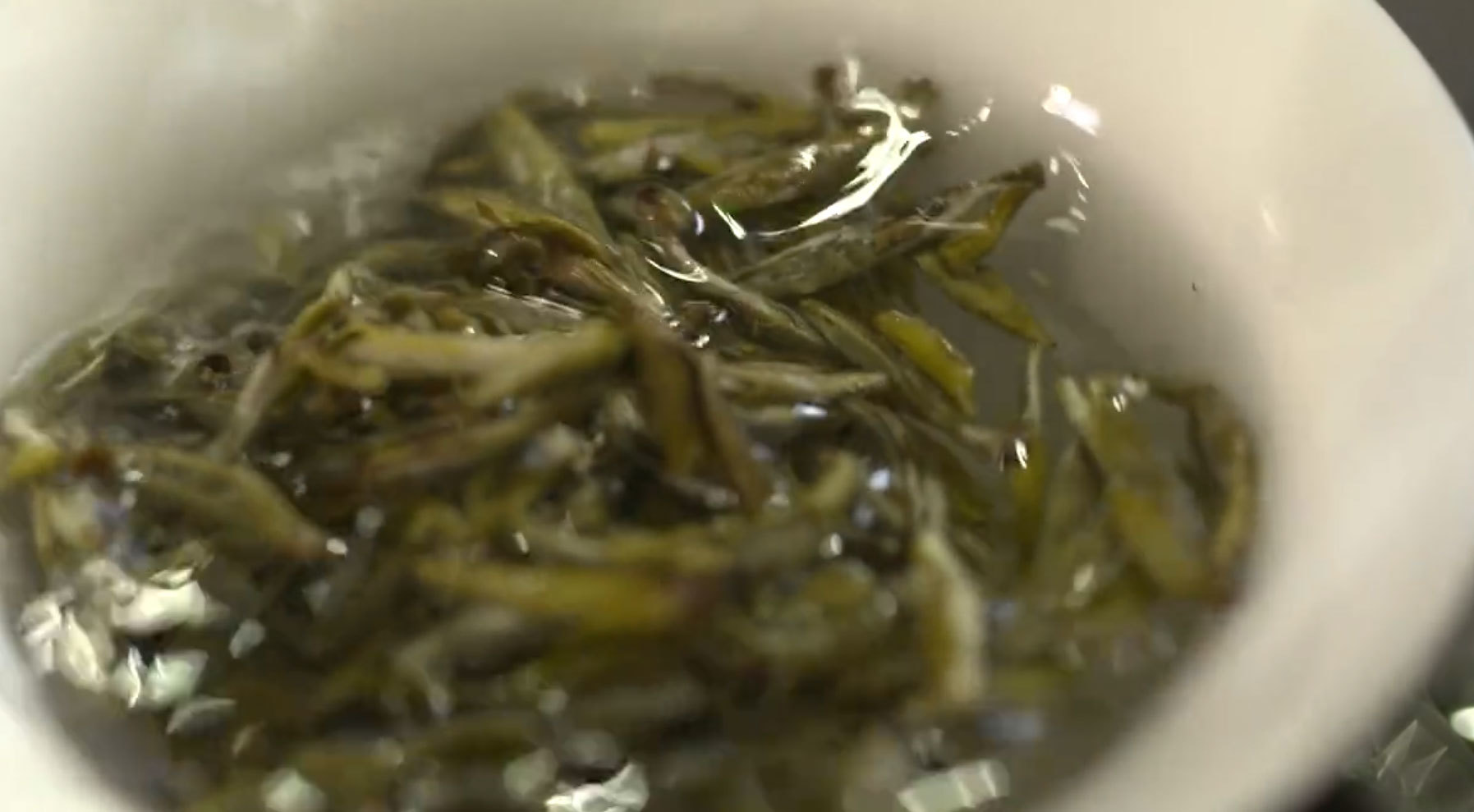Summarize the effects and functions of jasmine red tea
Author:
Published Time:
2022-06-15
Effects and benefits of jasmine red tea: Invigorating and relieving fatigue. The caffeine in jasmine red tea affects the central nervous system by influencing the cerebral cortex, promoting mental alertness and focus, making thinking more acute and enhancing memory. It also has an exciting effect on the vascular system and heart, strengthening the heartbeat, accelerating blood circulation, and promoting metabolism.

Relieving depression. Jasmine's main characteristic is that it contains a large amount of aromatic substances, which can excite the human central nervous system, promote the addition of digestive juices, and improve the body's digestive capacity. The fragrance of jasmine enters the stomach, skillfully regulating Qi and relieving depression, uplifting mood, and calming the mind. Nourishing the stomach. Jasmine red tea is made through fermentation and roasting.
Tea polyphenols produce enzymatic oxidation reactions under the action of oxidases. The content of tea polyphenols decreases, and the effect on the stomach is correspondingly reduced. Red tea not only does not hurt the stomach but also nourishes it. Frequent consumption of red tea with sugar and milk can reduce inflammation, protect the gastric mucosa, and have a certain effect on treating ulcers. Anti-inflammatory and antibacterial. The polyphenols in jasmine red tea have anti-inflammatory effects.
Experiments have shown that catechins can bind to single-celled bacteria, causing protein coagulation and precipitation, and then inhibiting and eliminating pathogenic bacteria. Summary: The aroma of well-brewed jasmine red tea and jasmine tea blends with the aroma of tea, filling the tea soup, clear and refreshing, and quickly filling the room with fragrance. A sip, the floral fragrance moves the heart and lungs, the tea taste is rich and mellow, and the sweetness of rock sugar blends well.
Related Information






